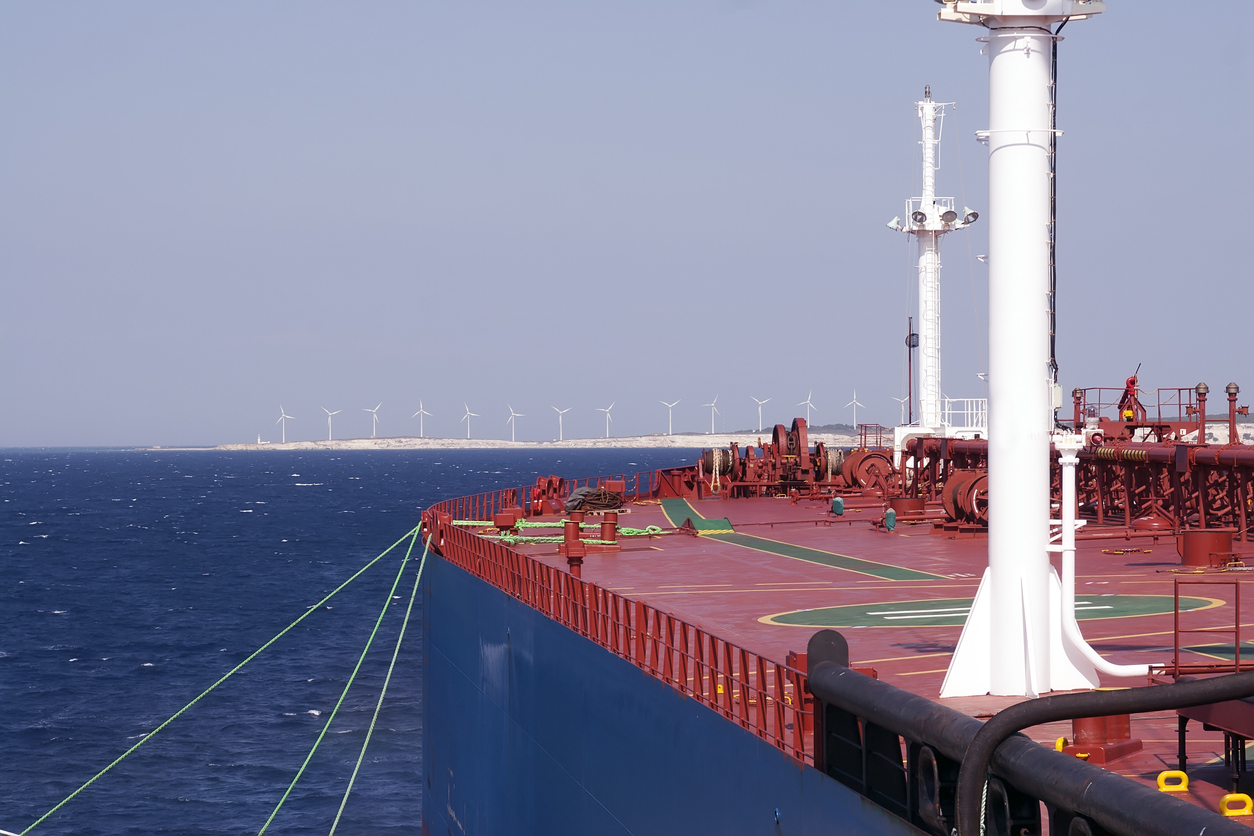In a new decision, the Maritime and Commercial Court has considered whether a CMR carrier incurred liability for damages resulting from a fire in a parked vehicle spreading to the carrier’s trailer
Facts:
A Danish contracting CMR-carrier undertook a CMR transport of a shipment of canned tomatoes from Italy to Poland. The transport was subcontracted to a Polish sub-carrier, who, during the performance of the transport on October 3, 2021, parked the tractor and trailer at a parking lot in Bytom, Poland. While the truck was parked, a fire broke out in a truck parked next to the truck carrying the canned tomatoes. The fire spread, resulting in the loss of a total of four trucks and trailers, as well as the shipment of canned tomatoes.
The Polish authorities conducted a fire investigation, which determined that the fire originated in a battery box in a vehicle parked next to the trailer in question.
The driver of the Polish carrier was not present at the parking lot when the fire broke out. A witness interviewed by the police stated that he had left the parking lot on October 3 at 10 a.m., and that there was no fire at that time. Later, the witness observed the fire and called the fire department. The fire department arrived at the parking lot approximately 10 minutes after being called. It was unclear exactly when the fire started.
The cargo insurers brought legal action against the contracting carrier claiming compensation. In support of the claim, the cargo insurers submitted that it had not been proven that the damage could not have been avoided or mitigated if the trailer and cargo had been supervised, as it was unknown how quickly the fire had developed.
The carrier denied liability and submitted that even if the driver had been present, it would not have been possible to move the tractor and trailer, as doing so would have required exposing the driver to risk.
Decision of the Maritime and Commercial Court
The court found the carrier free of liability and, stating, among other things:
"With regard to the question of whether it has been proven that the carrier could not have avoided the consequences of the fire, it can be initially stated that it was not agreed that the carrier should supervise the cargo during parking, and there are no other indications for such a requirement. When it is considered together with the explanation given to the police [...], presented photographs of the extent of the fire, etc., and that several other trucks also burned without being prevented in their case, the court finds that it has been proven that the driver [...] and thus the carrier could not have prevented the damage to the shipment of canned tomatoes as a result of the fire. It is noted hereby that the lack of explanation from the driver does not create any significant doubt in this regard."
Comments:
No specific information was provided during the case about how quickly the fire spread, so it could not be ruled out in principle that the truck could have been moved the parked truck and trailer and the damage avoided when the fire started in the tractor parked next to the carrier's trailer. However, the court found that there is no general obligation for carriers or drivers to supervise a parked trailer, and thus it was proven that the damage could not have been avoided. In some cases of theft of goods from parked trailers, however, the court has taken the absence of supervision of a parked trailer into consideration when deciding on liability and found that this, among other factors, precludes exemption from liability. It can be argued that supervision does not necessarily have to be carried out by the driver but can be arranged in other ways. It cannot be generally concluded from the ruling that there is no supervision duty for a CMR carrier. It is considered relevant to the outcome of the ruling that the cause of the damage was fire, and that the driver potentially would have been exposed to the risk of serious personal injury if he had sought to prevent the damage.
Maritime and Commercial Court ruling in Case BS-37431/2022-SHR of March 8, 2024












